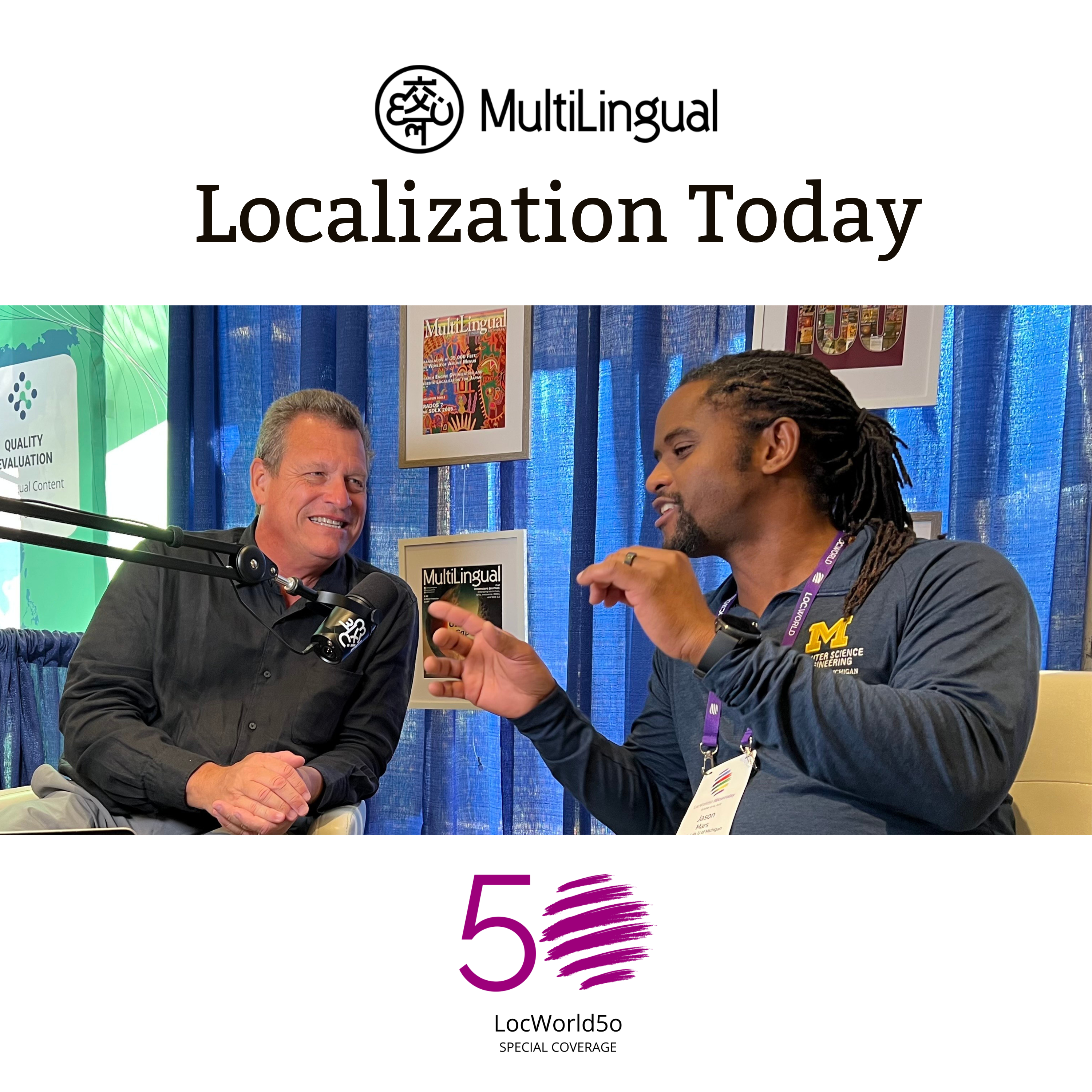Episode Transcript
[00:00:00] Why Write by Hand?
[00:00:02] By Tim Brooks A few years ago, an engineering student in India named Devadath PR created a homework machine that uses software to record a person's handwriting and then uses a pen to write assignments in it, giving the appearance that the person completed their homework by hand.
[00:00:20] What I found most depressing about this invention was its reception.
[00:00:24] Journalists and bloggers admired devadas inventing skills.
[00:00:29] YouTube reviewers on a channel called Re N X Technologies gushed, it's incredible, it's wild, it's almost poetic. Of course, I disagree. In our increasingly digital world, humans don't need any more ways to avoid writing by hand.
[00:00:45] In fact, writing by hand has a range of values that we are in danger of losing or forgetting or throwing overboard in our haste to to adopt digital tools. Instead, let's start with the hard science.
[00:00:58] It has been well and repeatedly proven that people who take notes by hand rather than on a device understand the material better and retain it longer.
[00:01:08] Likewise, children who learn to read through writing by hand remember and recognize letters more accurately, whereas what we type to mangle a metaphor goes in one ear and out of the other.
[00:01:21] This research has actually been around for a while and it is undergoing a weird disjunction. The more often the experiments are repeated and validated, the more people ignore them.
[00:01:32] I believe the research is ignored because it implies an entirely new paradigm, one that asserts we see with our hands as much as our eyes, or more accurately, we remember with our bodies as much as our brains.
[00:01:46] Writing by hand is an embodied act. Our muscles remember the gestures that form the shapes.
[00:01:52] Writing by keyboard, on the other hand, disengages our motor memory because every key is the same and what we see on the screen bears no relationship to what we are doing with our hands.
[00:02:03] But the hard science actually goes a lot further. So far in fact, that researchers hesitate to trumpet their discoveries because they seem almost miraculous.
[00:02:13] I'll quote myself here from a passage in my most recent book, By Hand.
[00:02:19] An article in JMIR Mental Health summarizing previous studies, which now number in the thousands, found that journaling had clinical benefits tied to expressive writing in patients with autoimmune and inflammatory conditions such as arthritic conditions, lupus and asthma, fibromyalgia, irritable bowel syndrome, and HIV or aids.
[00:02:41] In addition, expressive writing has been found to have beneficial effects on blood pressure and on several health relevant outcomes following the experience of a heart attack, such as reduced number of medical appointments and prescription medications, increased self care behaviors, improved cardiac symptoms and improved health related quality of life.
[00:03:02] Expressive Writing has also been associated with small but consistent improvements to well being among diverse cancer groups, especially breast, renal, and prostate cancer patients.
[00:03:14] Finally, a relatively small study of people diagnosed with major depressive disorder found that those writing about their deepest thoughts and feelings related to emotional events had significant reductions in depression immediately after writing and over one month thereafter. I myself found this hard to believe until I experienced the health benefits of writing by hand as well as the moments of self revelation.
[00:03:39] For example, one day I was typing on my laptop for about 45 minutes when I received a notification that my iOS was due for an update.
[00:03:49] So I let the computer reboot and got out my journal to write. In the meantime, I uncapped my pen but then discovered that I couldn't write. My whole arm was quivering and my hand twitched as it raced across the page, producing only a scribble. Working on the laptop had cranked my nervous system up to a level of mild hysteria, and I never would have realized it if my handwriting hadn't shown me.
[00:04:14] Computers not only allow us to work at top speed, but they also encourage us to do so. Hastiness becomes our default state, and this is reflected in our writing style.
[00:04:25] For me, I've observed that when I type, my words are often stiff, transactional, and businesslike. But when I write by hand, the content is more fluid, personal, spontaneous, and conversational.
[00:04:38] There's a lot to say for making writing like cooking a great deal slower, sourcing the best ingredients and marinating it for hours.
[00:04:47] Finally, writing by hand gives us the understanding that writing is an art, something that calligraphy cultures around the world are working hard to maintain.
[00:04:57] We tend to forget that in typing on a keyboard, we lose all agency in creating letters as artifacts.
[00:05:04] I wrote most of by hand in a molluskin journal using a Lamy Joy pen. Sponsorship opportunities available with violet BlackBerry ink. Only when I photographed the pages and enlarged them did I start to see that the interaction between pen, ink and paper had created its own amazing art form with colors like those of ionized metal and unpredictable shapes as the ink made chromatography along the fibers of the page.
[00:05:31] Writing is not entirely writing unless it is written. If we want to learn deeply, function optimally, and create thoughtful and beautiful content, writing by hand is a good place to start.
[00:05:44] This article was written by Tim Brooks, the founder of the Endangered Alphabets Project, which aims to create a list of the world's writing systems, identifying every script currently in use and assessing its degree of health or vulnerability.
[00:05:58] Originally published in Multilingual Magazine, Issue 243, August 2025.


